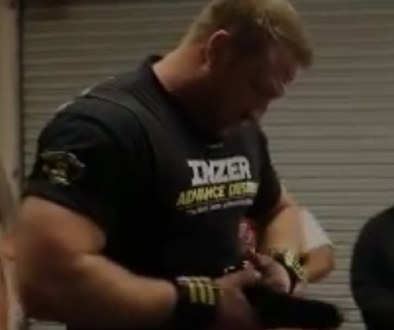KISS Applied Nutrition
KISS is the acronym for keep it simple stupid. In the military we have to be constantly aware of “Capt Complicated’s” efforts to derail a mission from success. I make all attempts to keeping things as simple as possible. Life is inherently complex… why add to the chaos by making eating and our hobbies the most intricate things we do. If you are not making money as an athlete, it makes more sense to me to keep hobbies and diet simple and the least time consuming as possible so you can focus on your primary source of income… SO YOU CAN AFFORD YOUR HOBBY!
Nutrition and diet can be very easy. The problem is, easy is not always simple. The internet and all its available info should simplify things, but the human factor tends to complicate things. I have been guilty of making nutrition and diet complicated but have learned over time that simple works best for most folks. I have a one page “cheat sheet” I give my clients. It is, no shit, 20+ years of nutrition experience summed into just one page of information. I purposely omit the physiology and the why of diet and get straight to the how. In other words I tell my how to eat and how much to eat. If they are the type that want the why part, we discuss science behind it in a separate forum. Many folks just want to the answers… not an in depth explanation of every variable and factor of the equation. If you want the answer, here’s a summation what I tell my clients and exactly what I have adhered to for more than 20 years. It has worked for me through being operationally ready and many deployments, CrossFit Regionals, Olympic Lifting Masters Championships, many triathlons including half and full distance IronMan Triathons, strength and speed including the 666 Challenge and my prep for the Bigfoot 200 mile ultra where I maintained a 500lbs squat and a 550lbs deadlift (*BF200 resulted in a DNF at mile 131). I will continue to use the below template to train for the BF 200 again with this years strength standards realistically reduced to 450lbs squat and 515lbs deadlift. More importantly, the below template helped me recover quickly from some major injuries that include a broken back, blast injuries/TBI from a relatively powerful IED, a fractured foot and a neck injury/nerve damage that resulted in having to switch from being a lefty to the right handed person. My point in listing all this? It works and I know it works… not by theory, but by personal practice and with athletes over the last 10 years. I don’t do one thing, and have my athletes do something different.
a.) Think weekly and/or monthly. We tend to look only as far as we can see. With diet it helps me to think weekly, monthly, and even quarterly. If I eat well 6 out of 7 days a week that is 24 days of 28 and 72 out of 84. That is not a bad rate for keeping calories and overall diet principles in check.
b.) Eat to your goals: Fat loss/leaning out, weight gain (commonly muscle), performance (in whatever discipline,or a combination of two are the most common reasons for dieting. What you eat and how much you eat each day should marry up and support the your overall goals. A strict diet designed for fat loss will most likely NOT support performance or hypertrophy.
c.) Eat healthy foods. I still adhere to the basic principles of a paleo or primal diet. I have yet to see anyone come up with a solid reason not to comprise the bulk of your diet of the least processed and most natural foods you can consume. The bulk of your diet should be lean meats, green veggies, complex carbs
and unsaturated fats.
d.) Eat just enough or not too much: The below equations are the start point I have my clients work from. Carbohydrate intake is the one most varied in and of the fact they have the greatest effects, on performance and leaning out. Again, this is a baseline.
– Protein: Grams per day = BW x .75
– Carbs: Grams per day = BW x 1
– Fat: Grams per day = BW x .35
d.) Plan and EARN your cheats: I eat junk food. But I have safeguards and rules. I only eat junk at night. NEVER do I eat junk during the day. Sweets and sugary carbs make our minds tired and interfere with focus and drive. So I eat my cheats and go to sleep. The next day I train a little harder and a little longer just to ensure I “pay” for the cheat calories. Nothing if free… earn your junk calories. Even better, put them to work on a long run or hard gym session. The bottom line on junk food… don’t have bad habits and you won’t have bad habits.
Again, this is a baseline. I give to those who need a start point that is not overly complicated with “science” and physiology. As I mentioned, I see the fitness industry as one the most overly complex niches there is. It is human nature to overcomplicate… it makes us feel smart and important. In my experience, I find the average avid athlete does not need to eat like a pro as much as they need to be consistent.


